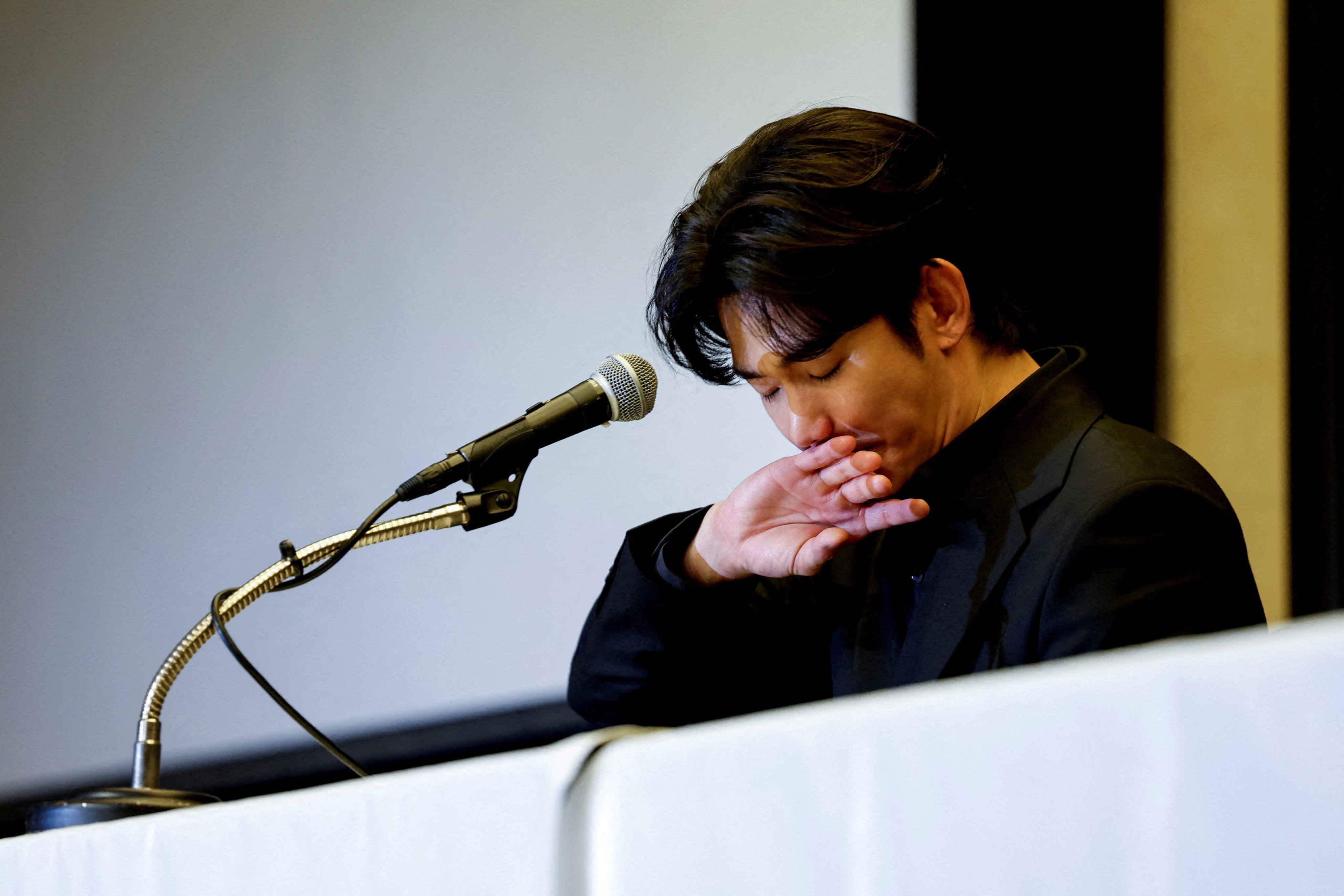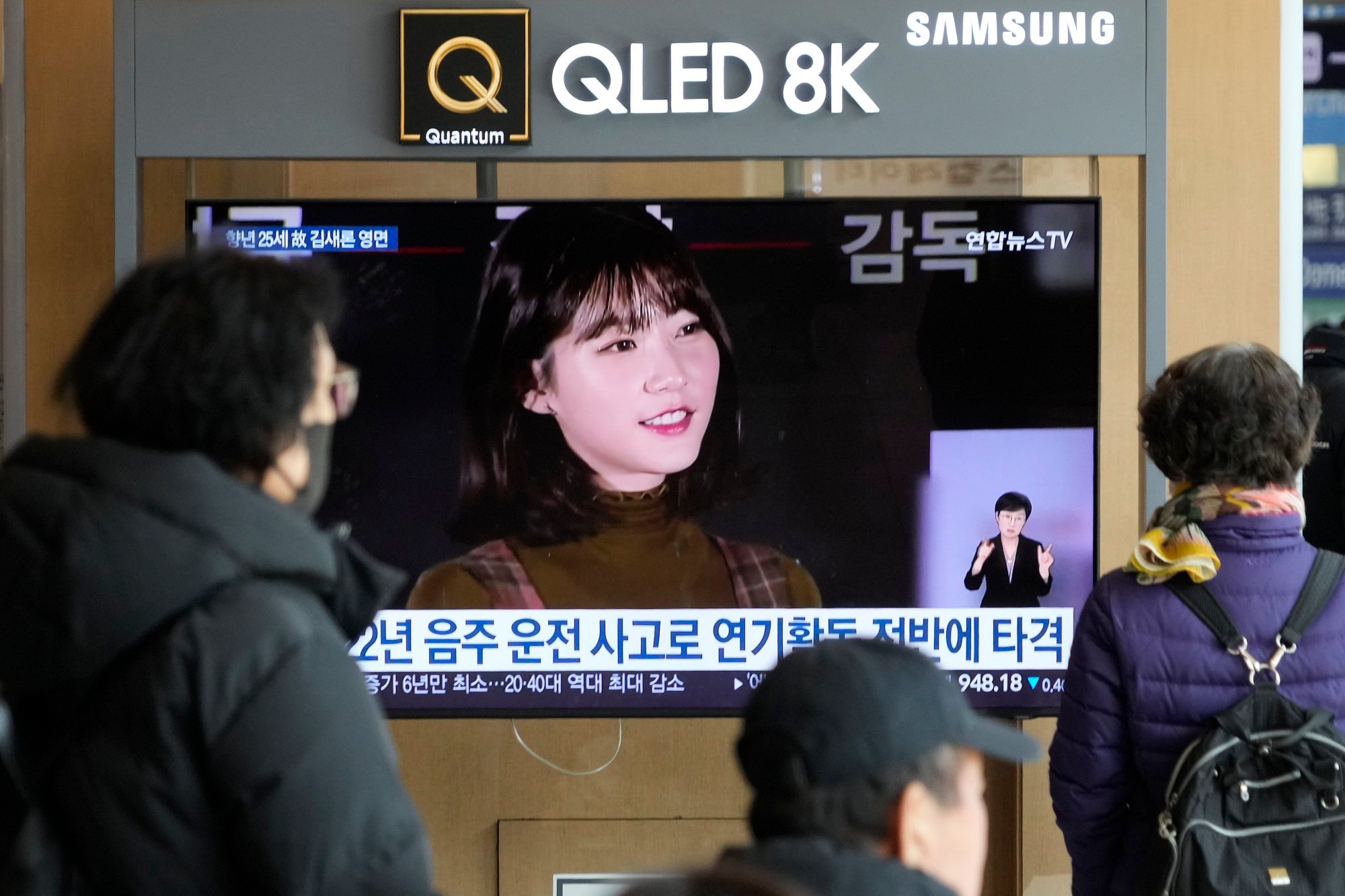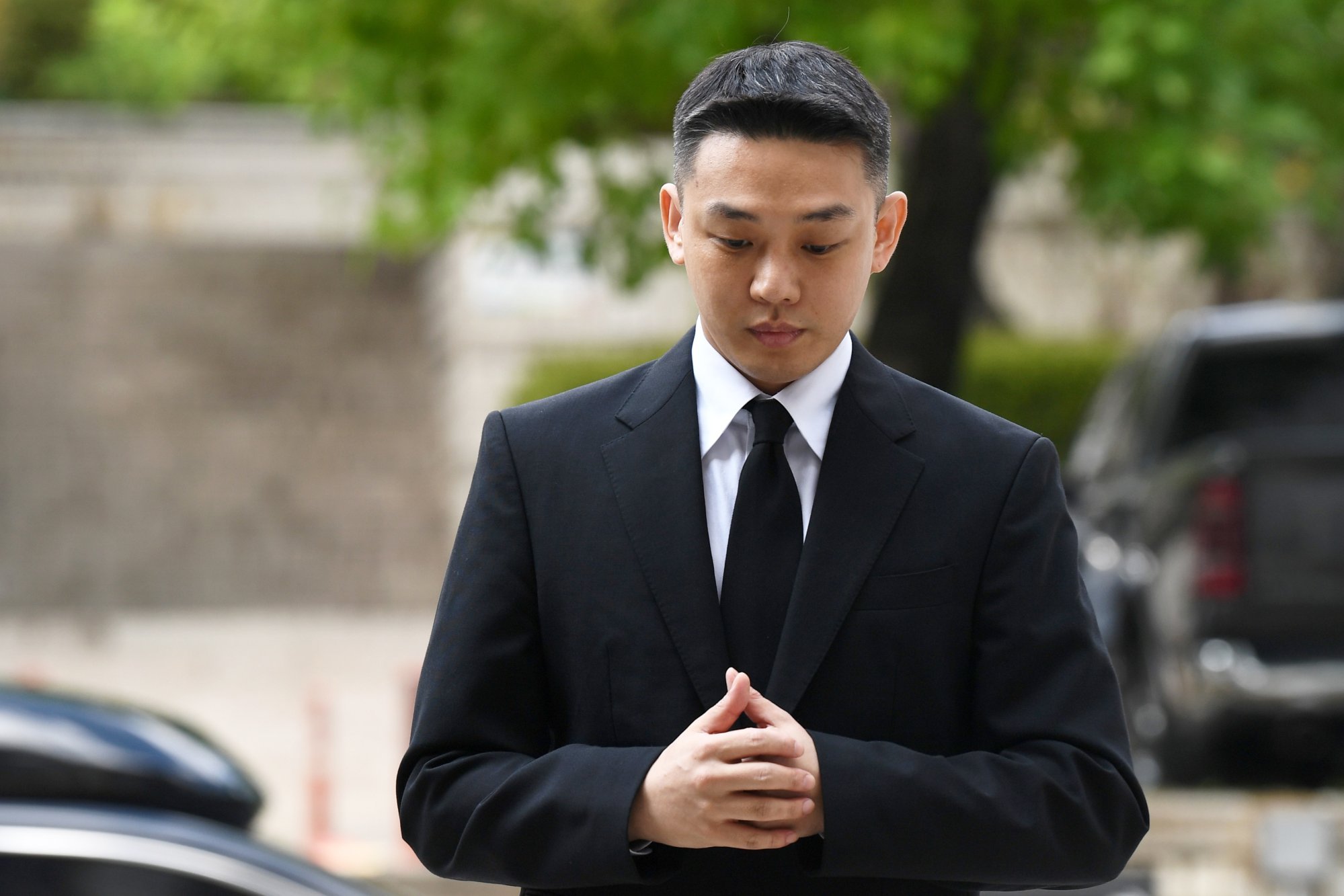South Korea’s entertainment industry faces ‘actor risk’ amid celebrity scandals, costly delays
Scandals like Kim Soo-hyun’s are disrupting South Korea’s entertainment industry, causing production delays and costly reshoots, raising ethical standards debates

As recent controversies surrounding performers trigger costly production disruptions and cast changes, South Korea’s entertainment industry is facing growing instability due to harsh scrutiny of celebrity scandals and the public’s demand for high ethical standards.
The industry is now grappling with how to handle completed projects starring controversial celebrities, after a recent scandal involving prominent actor Kim Soo-hyun, The Korea Times reported.
Kim, 37, faced intense public criticism over rumours of a relationship with the late actress Kim Sae-ron, who tragically died by suicide in February at age 24, and allegations that their relationship may have started when she was underage.
The backlash prompted streaming platform Disney+ to indefinitely delay the release of his highly anticipated series Knock-Off, initially scheduled for April.
The fallout from these so-called “actor risks” extends beyond delays and uncertainty; it also necessitates costly reshoots and production changes.
The variety show Good Day edited out footage featuring Kim from its episodes after the controversy was revealed.

Similarly, in 2021, a local network announced that that actor Kim Min-gwi would be removed from previously filmed episodes of the drama series Nevertheless due to his involvement in a cheating scandal.
A few years earlier, Actor Oh Dal Soo’s scenes in Along with the Gods 2 were reshot following his acknowledgement of a sexual harassment incident in 2018.
In South Korea, celebrities involved in scandals are often met with severe backlash, reflecting the high moral expectations placed on public figures, which often leave little room for redemption.
“In Korea, being a celebrity isn’t just a special career,” Koo Jeong-woo, a sociology professor at Sungkyunkwan University, told The Korea Herald.
“In the case of fans and celebrities in particular, you can say that there’s something like a social contract between them, where fans say they will organise special events and conduct nice gestures for the celebrities’ successes, while expecting them to act responsibly in return,” he said.
Koo noted that fans often form deep emotional connections with celebrities, creating a sense of intimacy that can result in severe backlash when stars engage in wrongdoing.
However, some celebrities have managed to bounce back from scandals.
Actor Yoo Ah-in, for instance, had the release of his film The Match delayed for over two years after he was indicted for illegal substance abuse. While promotional efforts minimised Yoo’s role as the second lead, he still received a Best Actor nomination in 2025 at an annual awards ceremony hosted by the Directors Guild of Korea.

“Stopping a series or film from being released is an extremely difficult decision because it’s not made solely on the strength of one lead actor,” an anonymous industry insider told The Korea Times, explaining that the livelihoods of many involved in production often depend on a film’s release.
However, officials also stressed celebrities’ responsibility as public figures, particularly as platforms like Netflix might be hesitant to work with South Korean talent due to rising guarantee fees.
“This is because production costs can increase unexpectedly. In this situation, to avoid actor-related risks, self-management by actors in leading roles is also required,” the official said.